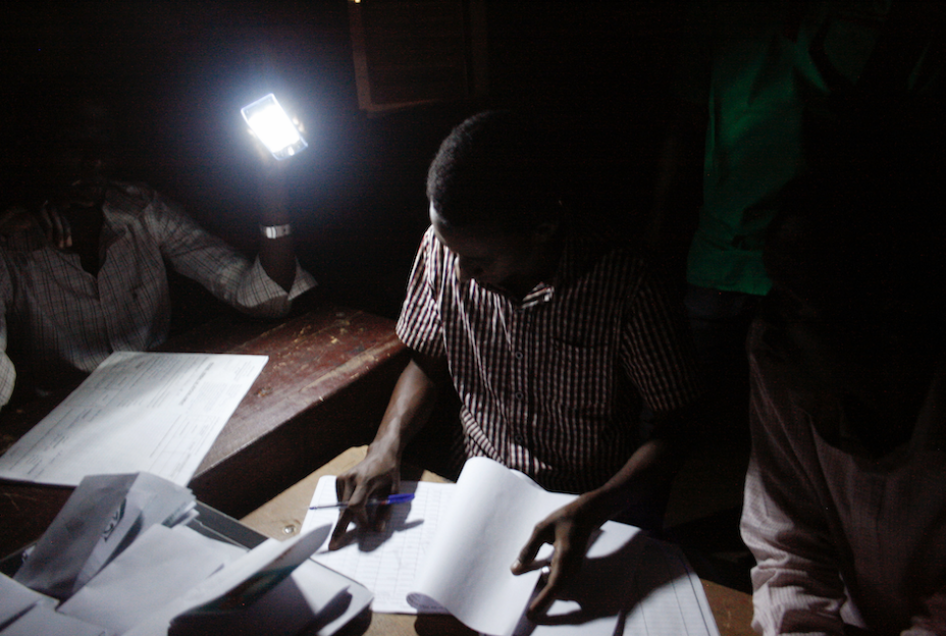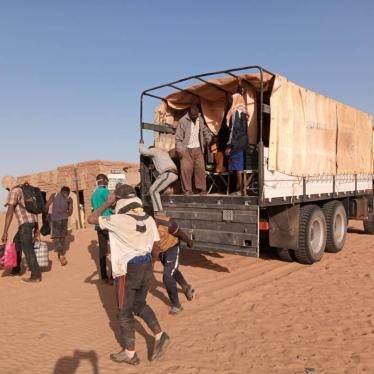This was meant to be Niger’s first peaceful and democratic transfer of power since independence in 1960. But contested results and disruptions to internet access now threaten this process.
Local media sources in Niger and members of the internet measurement community reported that restrictions to mobile internet networks were imposed Wednesday in parts of the country, including the capital, Niamey, a day after violent protests erupted after the ruling-party candidate, Mohamed Bazoum, was declared the winner of the presidential poll by the national independent electoral commission (CENI).
The second round of the election pitted Bazoum, a former interior minister, against ex-President Mahamane Ousmane. On Tuesday, the CENI announced provisional results, giving Bazoum a lead with 55.75 percent of the votes. Ousmane then alleged electoral fraud and yesterday claimed he had won the election with 50.3 percent.
When CENI announced its provisional results, supporters of Ousmane took to the streets of Niamey, clashing with security forces, according to media reports. Footage seen by Human Rights Watch shows demonstrators armed with clubs erecting barricades, as well as security forces firing tear gas to disperse crowds.
Niger is a member of the African Union and the Economic Community of West African States. It also sits on the UN Security Council, and is a key partner of France, the European Union, and United States in the fight against armed Islamist groups in the Sahel. The government should respect human rights in responding to these protests.
It should immediately restore access to the internet, since blanket shutdowns are a form of collective punishment. They hinder access to information and communications needed for daily life, which is particularly vital during times of crisis. Restrictions also provide cover for human rights abuses.
The government should also provide a space for peaceful protests and ensure that security forces respond to violence according to UN and African human rights standards Law enforcement should generally only use lethal force to prevent loss of life and in proportion to any threat.
This post-electoral period poses a crucial test. Niger’s international partners should urge the government to make the right decisions, including lifting internet restrictions, investigating the allegations of fraud, and limiting the use of force against protesters to what it strictly necessary, if they want its democracy to succeed.








